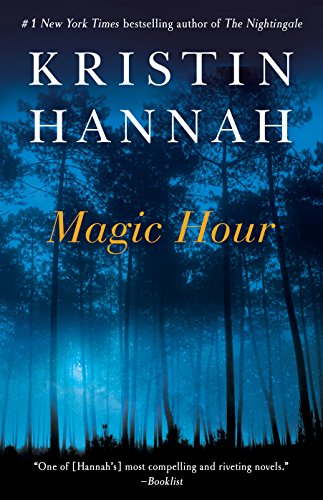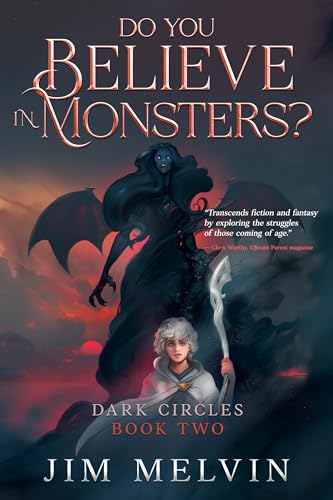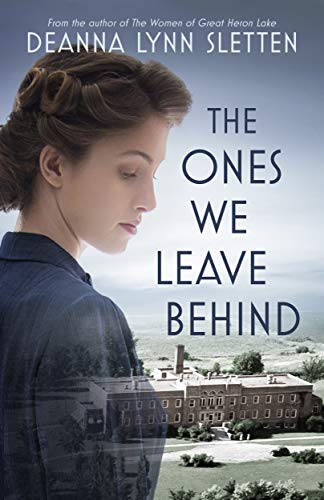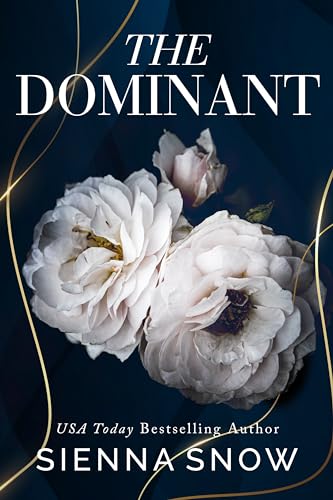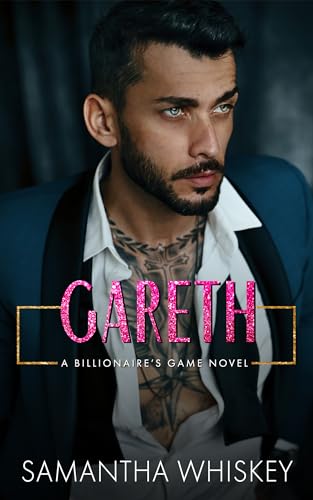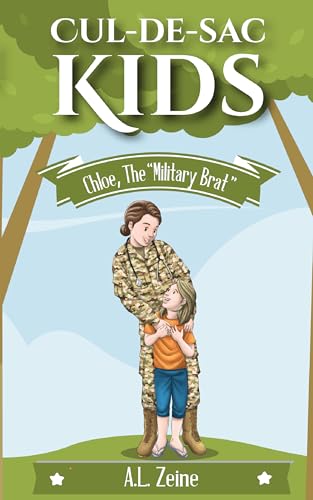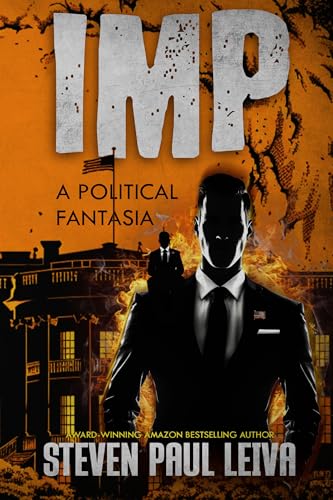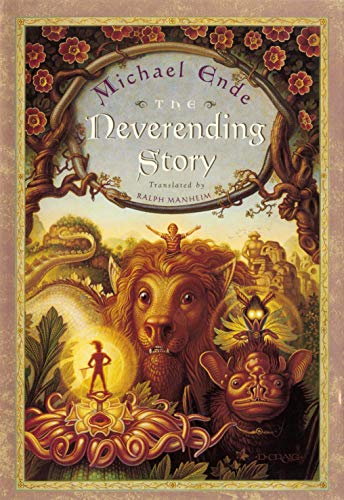 In today’s Publetariat Dispatch, The Book Designer Joel Friedlander muses on the notion that all human beings are, by their very nature, storytellers.
In today’s Publetariat Dispatch, The Book Designer Joel Friedlander muses on the notion that all human beings are, by their very nature, storytellers.
Author Henning Mankell, writing in the New York Times last year related how he came to live much of the time in Mozambique. Listening to old men sitting on a bench talk, he speculates:
It struck me as I listened to those two men that a truer nomination (name) for our species than Homo sapiens might be Homo narrans, the storytelling person. What differentiates us from animals is the fact that we can listen to other people’s dreams, fears, joys, sorrows, desires and defeats–and they in turn can listen to ours.
Now, Homo sapiens means loosely “knowing person.” Homo narrans would be “storytelling person.”
Certainly we are differentiated by our intelligence, but I found Mankell’s idea magnetic.
No matter what realm we operate within, no matter what discipline we’ve learned or invented, storytelling has a central place.
For instance, it’s how we transmit the news of our discoveries, how we describe who we are and where we want to go, how we account for what we’ve become. In each case a personal narrative in involved. A collection of stories that taken together create a personal history all our own.
How did you meet your wife? Where did you go to school? Why did you decide to start that business? How are you different from the person you were when you graduated high school?
Each question evokes a story, or a chain of stories that weave into a narrative.
We vary widely in how compellingly we tell these stories, both to others and to ourselves. Some stories we tell internally, in our own minds, are always accompanied by feelings, justifications, memories, the bits and pieces left with us from our own experience and the way we’ve processed that experience over the years.
Some of these narratives are truth in the sense that the events described really did happen. Many many others are interpretive accounts, colored by the passing of time and the agendas and assumptions through which we filter our experience.
Some of the narratives are fanciful, intentionally or not. Fables, fantasies, speculations, imaginative wanderings, all those stories have their place too, and that’s why we have those other storytelling magicians, the novelists.
Storytelling and Story-selling
When I watch a really accomplished marketer at work, I’m always looking at the stories they are telling. It might surprise you to know just how much even the most dedicated pitchmen rely on stories to reach their audience.
Everyone loves a story, everyone wants to know how they end, what happens next: “Tell me more!”
The serialized novel, the never-ending soap opera, even the little 3-panel comic strips in your morning paper, they all rely on story and the narrative arc to teach, entertain, to amuse.
- First panel, the setup.
- Second panel, the conundrum.
- Third panel, boom, the punchline hits from an unexpected direction.
The storyteller, no matter what her medium, knows how to surprise, to delight, to put a twist or a bend in the road that we didn’t expect. It’s all about keeping the attention of the reader.
Think how storytellers in the thousands of years before literacy became widespread had to be able to hold the attention of the crowd with only their own words.
A lot of that is still in our language and our expectations every time we realize there’s a story to be had. Every year we tell the iconic stories; the three wise men; the early settlers and the native peoples; the salvation of the world.
Most religious texts are, after all, collections of stories used to amaze and teach us.
Today’s Storytellers—You and I?
Because story is at the base of our civilization and runs throughout human endeavor, you would think that artful storytelling would be one of the most highly respected occupations a human could aspire to.
This isn’t true, of course, although our best storytellers who also capture the popular imagination—like movie makers, novelists, songwriters and playwrights—become stars.
But you and I, writers who unspool our stories for far smaller groups of people, are participating in an age-old and uniquely human activity.
Whether they are used to sell, to persuade, to inform, to entertain or to enlighten, our stories in a way define us. And in that sense, I guess I would agree with Mankell. Man truly is the “storytelling person,” Homo narrans.
Finding the stories you need to tell, and telling them as best you can, are things all writers learn. Heard any good ones lately?
This is a reprint from Joel Friedlander’s The Book Designer.

